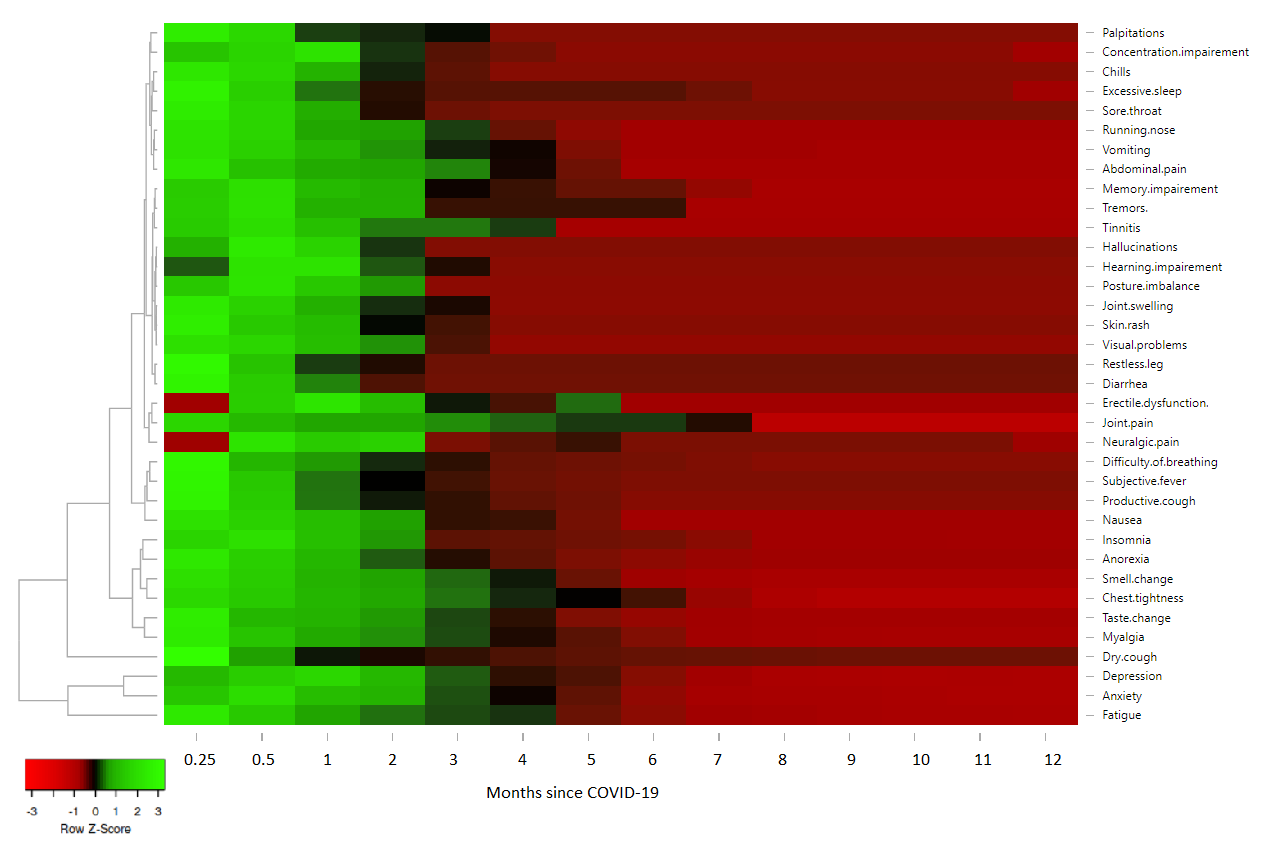
A nationwide report of long term covid-19 sequalae in kidney transplant recipients: Largest report from India
Sudeep Desai1, Kinjal Desai2, Hari Shankar Meshram3, Sandeep Deshmukh3, Keshab Sil3, Deepak Kumar3, Umesh Godhani3, LT COVID group3.
1Nephrology, IKDRC-ITS, Ahmedabad, India; 2Infectious Disease, ZYDUS, Ahmedabad, India; 3LT, LT COVID group, -, India
Introduction: World health Organization defines post-COVID-19 illness as having persistent or new symptoms after COVID-19. This entity in kidney transplant recipients (KTR) is sparsely reported, and the long-term outcomes after recovery from COVID-19 are further underexplored.
Materials and Methods: A multicentre (n = 15), retrospective analysis of confirmed COVID-19 (n = 2103) KTR patients during March 2020 to March 2022 who have completed at least 1-year follow-up after infection. A comprehensive list of symptoms questionnaire along with open ended questions were distributed in-person. Tools used to measure the post-COVID-19 burden were EuroQol- 5 Dimension (EQ-5D-5L), EuroQol visual analogue scale (EQVAS), The Functional Assessment of Chronic Illness Therapy (FACIT-13), Generalised Anxiety Disorder Assessment (GAD-7), Hospital Anxiety and Depression Scale (HAD-7) scores, Patient Health Questionnaire (PHQ-9), Clinical frailty score (CFS-9), and Modified Borg scale of dyspnea (MBSD). Primary outcome measured was incidence of post-COVID-19 illness. For risk factors associated with post-COVID-19, multivariable logistic regression was performed along with multiple imputation for missing data. For post-COVID-19 symptomology, clustered heat-map was generated by average linkage method, and Euclidean method of distance measurement.
Results: The mean (range) age of the KTR cohort was 44(18-78) years, with 64.7% male representation. COVID-19 severity during acute infection for the cohort included asymptomatic to mild (71%), moderate (19%) and severe (10%) COVID-19. The incidence of post-COVID-19 illness was 28.32%, with fatigue (37.9%) being highest among the symptoms. Chronic fatigue syndrome was reported in 9 % cases. In multivariable logistic regression analysis, oxygen requirement during admission, and advanced age were the risk factors for post-COVID-19 illness. History of steroids, anti-rejection treatment, obesity, hospital admission, and co-morbidities were not associated as risk factor for post-COVID-19. Clustered heat-map showed most symptoms resolve before 3 months, and very less symptoms were reported after six months. At one year, the most common symptoms reported are depression/anxiety (11%). EQVAS, EQ-5D-5L, FACIT-13, GAD-7, PHQ-9, HAD-7, CFS-9, MBSD scores improved statistically significantly (ANOVA test, p-value < 0.01) with follow-up. In secondary analysis comparing study population with cohort of KTR without COVID-19(n = 3783), there was equal incidence of biopsy proven acute rejection after 6 months of follow-up.

Conclusion: To our best knowledge, this report is the largest cohort with longest follow-up from South East Asia, which has studied the course and outcome of post-COVID-19 KTR patients. Our report highlights high recovery rate after COVID-19 among KTR patients, importantly in long term follow-up. This report will be a learning resource material for transplant physicians across the globe for better understanding and management of post-COVID-19 illness.
[1] POST-COVID
[2] ACUTE REJECTION
